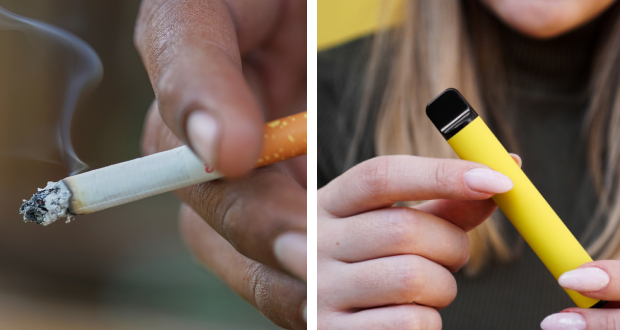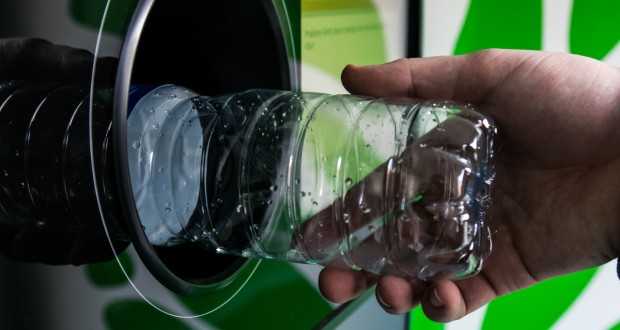In addition to vape flavour restrictions, the government is seeking to clamp down on vape packaging intentionally marketed to children.
This impacts the way vapes are displayed in shops moving them away from sweets and confectionery as the number of children vaping has tripled in the past three years.
Chris Daly, CEO at Chartered Institute of Marketing (CIM), commented: “Calls to tighten regulations on the marketing of vapes is a positive step towards addressing the issue of young people taking up vaping.
Marketing strategies, flavours, and packaging too often seem to target and attract children, and regulations should be brought in to limit the scope of vape marketing.
The marketing of vaping products should align with the marketing rules for cigarettes and other tobacco products, and we’re not alone in this view. Our research into the topic revealed that a significant majority (81%) of UK adults agree there should be more regulation to prevent the marketing of vapes to 11 to 17-year-olds.
Additionally, 79% advocate for vaping products to adhere to the same rules as tobacco products, with no advertising and plain packaging.”
The tabling of the bill coincides with a new study which suggests that vaping may cause DNA damage similar to that inflicted by smoking tobacco.
Scientists at University College London say their research shows vaping is not risk-free.
Analysis of 3,500 cheek cell samples found “significant” genetic changes in smokers that were linked to lung cancers and growths and e-cigarette users were found to have the same changes, even if they had smoked fewer than 100 real cigarettes in their lives.
Study author Dr Chiara Herzog said: “We cannot say that e-cigarettes cause cancer based on our study, but we do see e-cigarette users exhibit some similar genetic changes to smokers.
Read the UKVIA response to the study
 Talking Retail Grocery and product news for independent retailers
Talking Retail Grocery and product news for independent retailers






